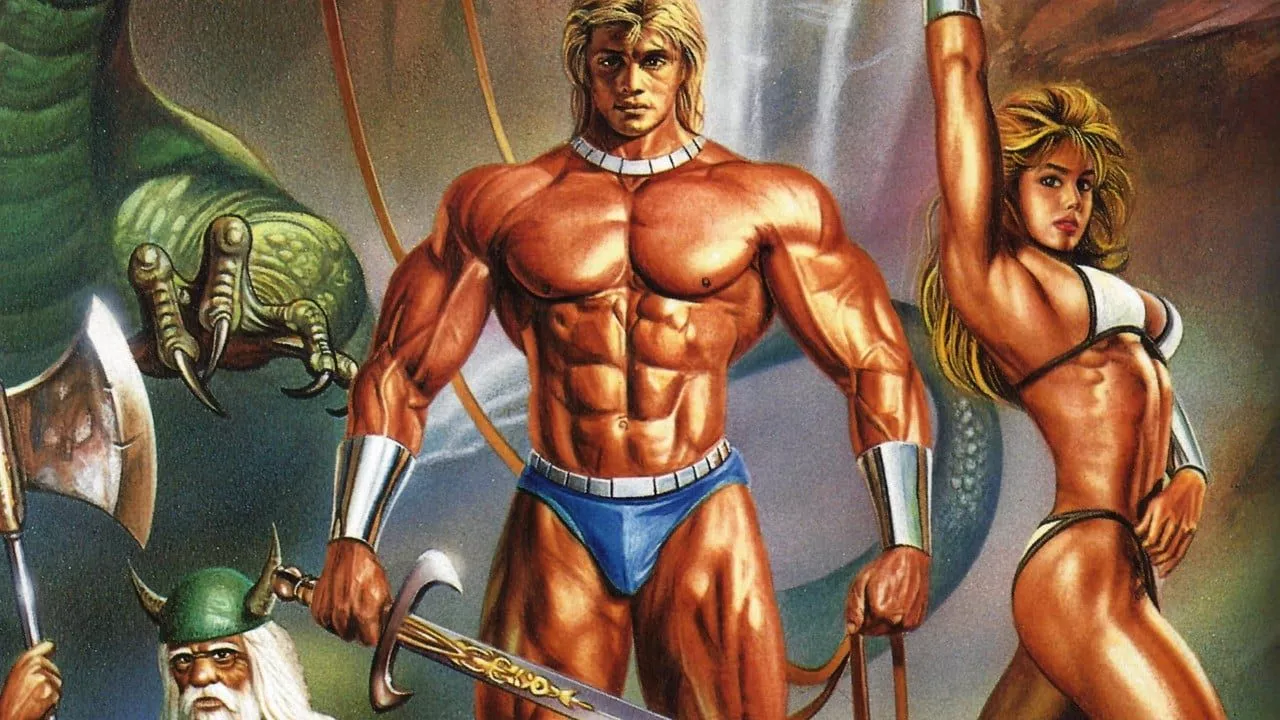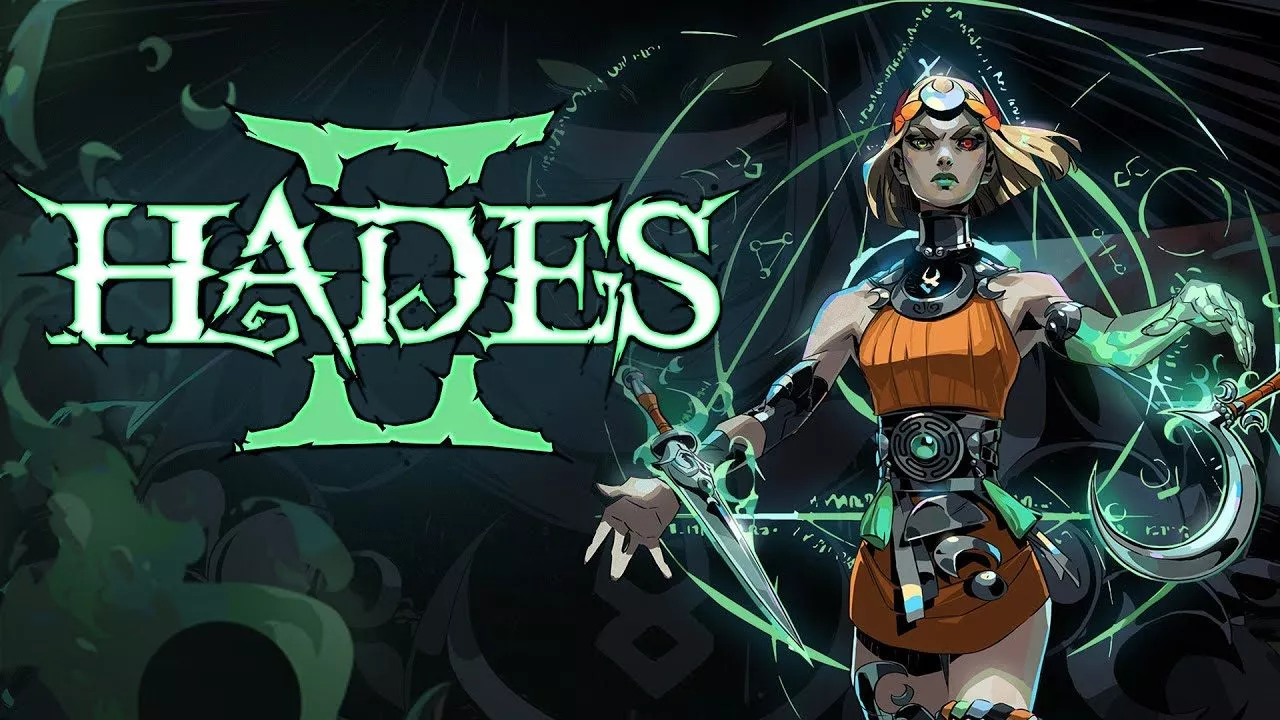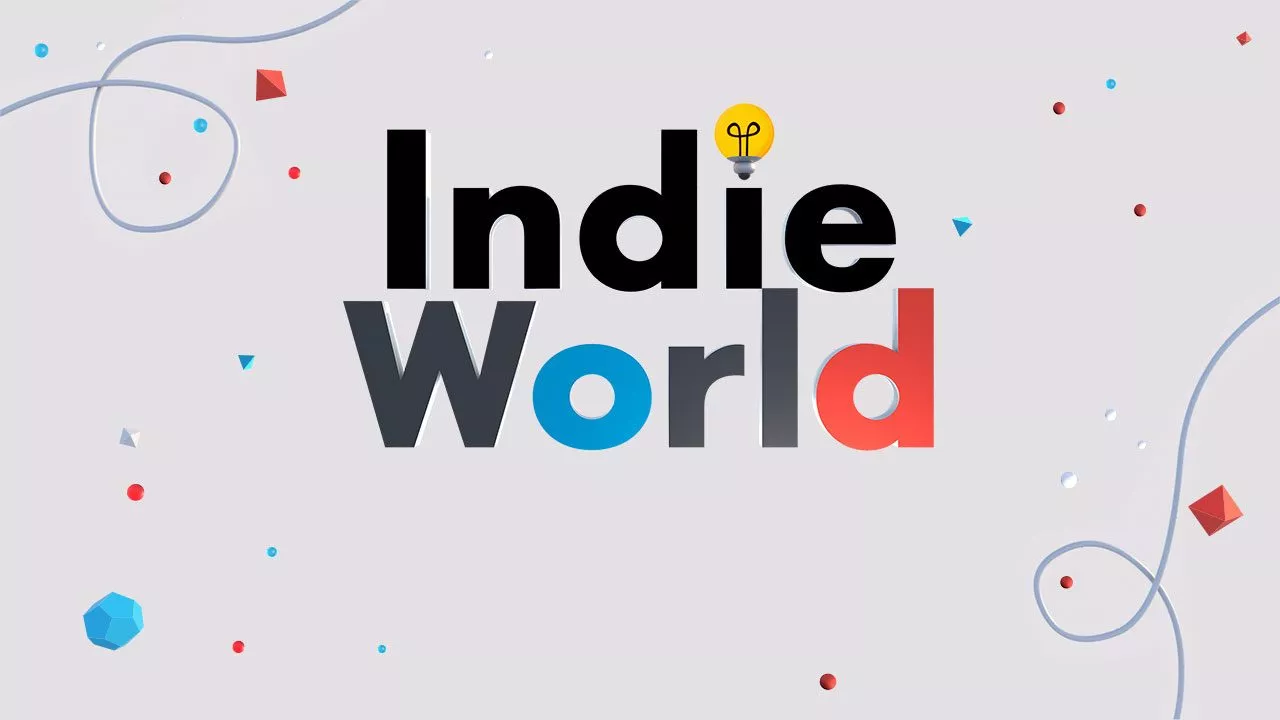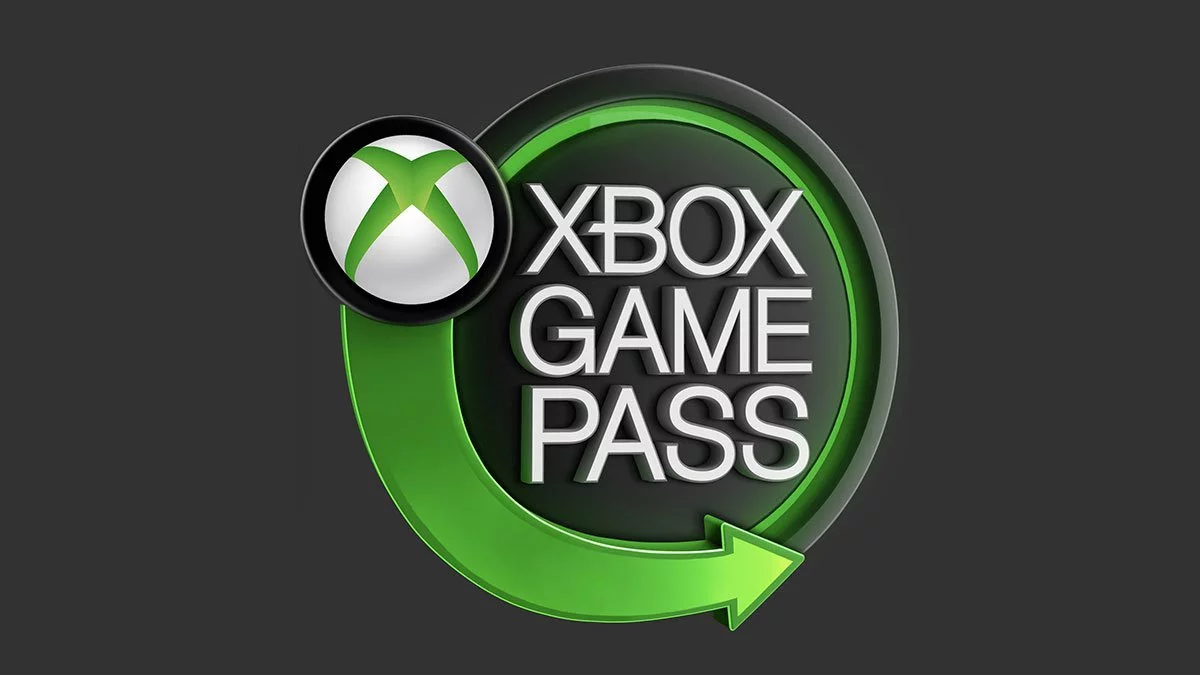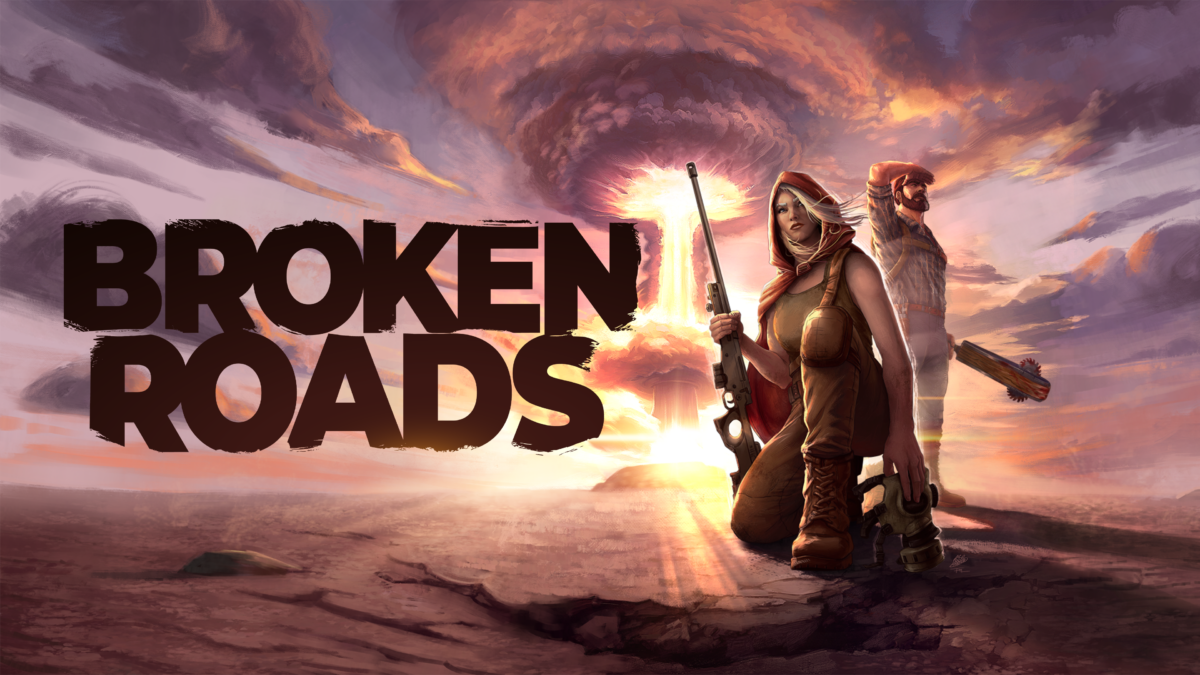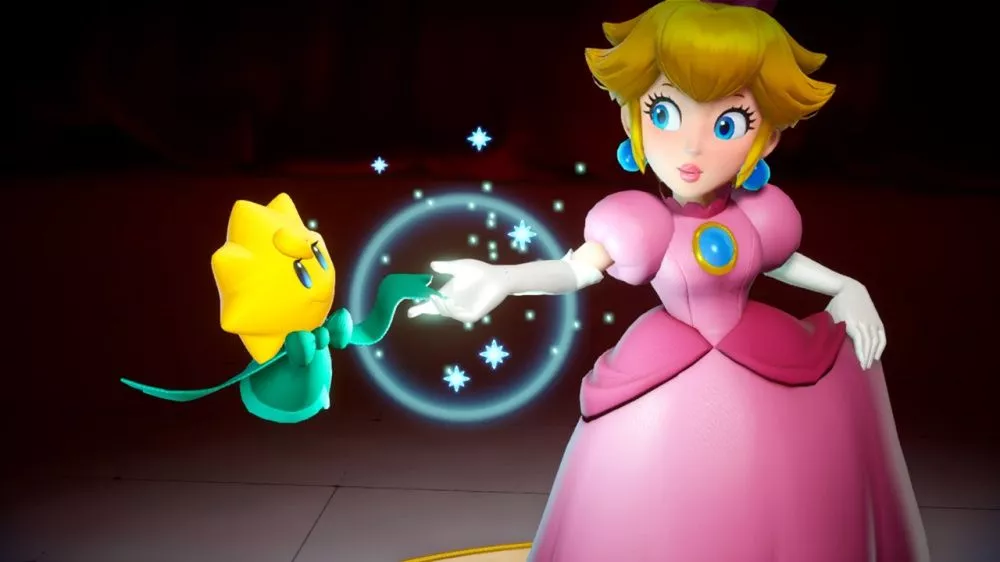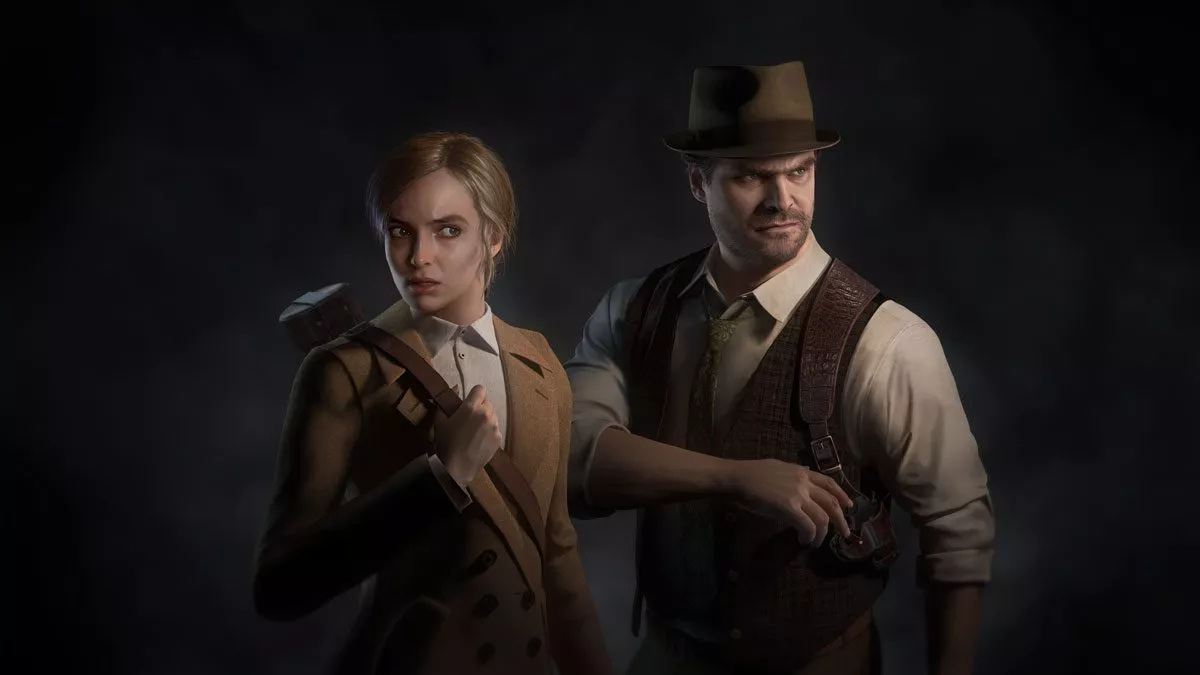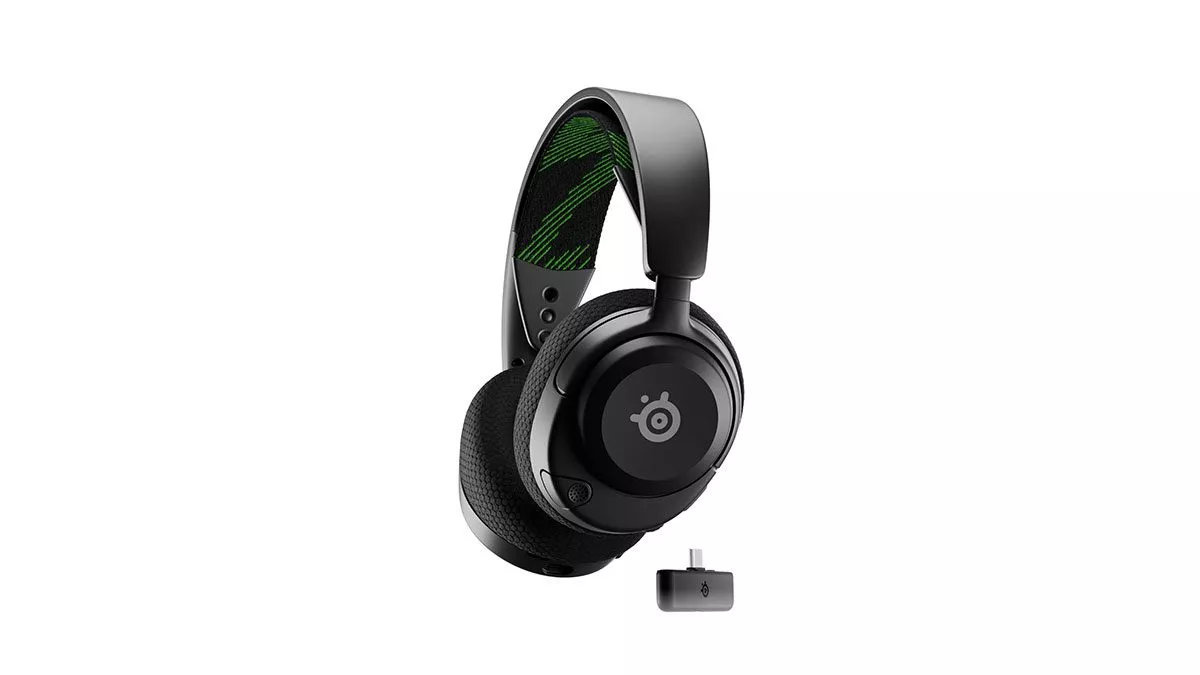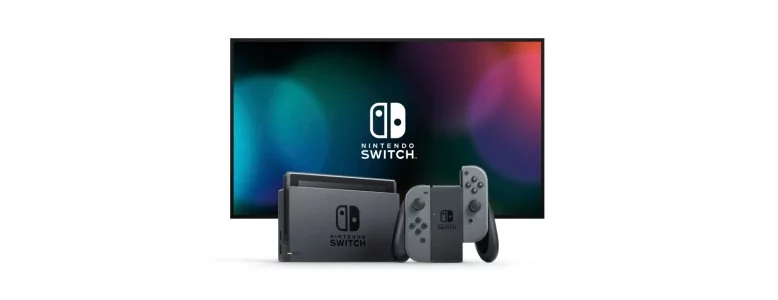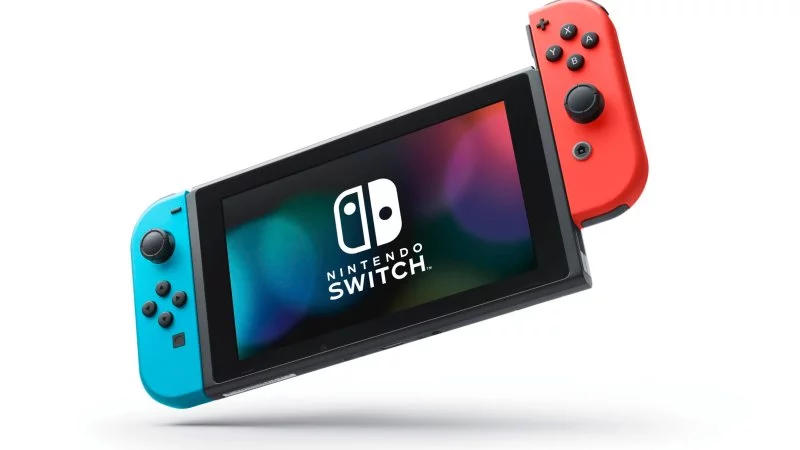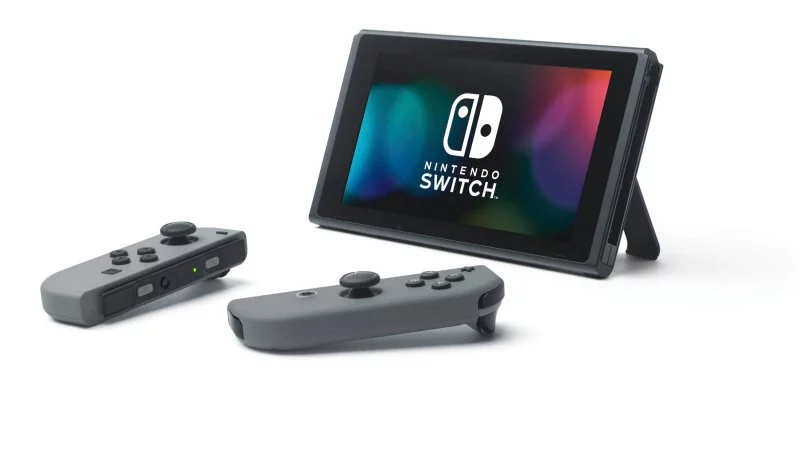Ever since Friday’s reveal of the Nintendo Switch’s launch date and price, gamers around the globe have taken to social media to argue for or against the product.
I firmly believe in the Switch. I want it to succeed. I like the technology and I enjoy the core experiences I’m sure Nintendo will be able to deliver. I don’t agree on its price. Neither do most fans – or at least, those that I’m seeing. Their initial decrees of, “it’s too damn expensive” are as similar as the one or two others who leap in trying to justify the price point.
I argue that those fans are wrong because they’re cherry picking – using selective evidence to try to make a point. It’s ludicrous.
Let’s combat the biggest arguments justifying the price of the Switch.
It’s cheaper than a PS4 or Xbox One
It’s true that the above statement is correct, but a proper analysis really means it can’t be used. Most of the time, this line begins by comparing the 2013 launch prices of the Xbox One and PS4 with the 2017 pricing of the Switch. There’s no reflection of the current market using this course.
At any rate, of course the Switch is cheaper than the PS4 or Xbox One! Specs-wise, it’s potentially closer to an Xbox 360, PS3 or – gasp, even a Wii U — than it is to the current-gen offerings of Sony or Microsoft. We don’t have cold, hard facts on some of the internal workings of the Switch at this point, but we do know it’s using a custom Nvidia Tegra mobile processor. It’s likely that, as in the past with the Wii and Wii U, Nintendo console is essentially a generation behind. It might have been impressive if Nintendo was marketing the console as a hybrid, but it’s not (see the next big point). As such, it should damn well be less money than an Xbox One or a PS4. This is only reinforced when you think of storage. Base Xbox and PlayStation models come with 500GB or storage, not a measly 32GB. Factor in the cost of a microSD card and things look grim.
My counter to the above argument is purely about price; I don’t care if the Switch only runs games at 720p in tablet mode or 900p on television, as in the case of The Legend of Zelda: Breath of the Wild. I think that title looks – and plays – fabulously, but in terms of what the Switch can produce compared to the Xbox or PlayStation, there is no contest. Simply put, Nintendo isn’t giving you the option to purchase a similarly-specced console at a reduced cost.
But it’s a handheld console too!
The argument above is usually followed up with the claim the Switch is equally a home console, comparable to the PS4 and Xbox One, as it is a handheld like the 3DS or Vita. What savings at this price point, then!
As discussed, it’s not like the PS4 and Xbox One. More importantly, it’s not a handheld console – it’s a portable one at best.
Hell, Nintendo itself considers the Switch a home console.
“I think there’s a sense that Nintendo Switch is a portable device. It is portable. But at its heart, it’s a home console that you can take with you on the go,” said Reggie Fils-Aime, body perpetually at the ready.
Nintendo wants to keep supporting the 3DS, to the point it hasn’t put StreetPass functionality on the Switch. If we’re comparing the Switch to the 3DS, they’re like apples and oranges — right down to said portability.
First, the Switch will require a case or, at the very least, a screen protector to keep it in pristine condition in your backpack, purse or favourite carrying device. The 3DS has an in-built case for that very reason. Second, and perhaps the real reason why voice chat and StreetPass aren’t on the Switch, the newest console simply doesn’t have the battery to handle those extra functions. Nintendo’s already said that Zelda: Breath of the Wild will run on the Switch’s tablet for three hours on a single charge, but also that some titles should expect only 2.5 hours. The 3DS can handle games and StreetPassing — arguably, a feature many of its user base adore — for 3-5 hours on average. Keep in mind that the 3DS’ battery life is tried-and-tested, unlike Switch’s.
It’s best to think of the Switch like a one-year old laptop – you’ll use it in different rooms around the house just fine, but you’re not going to be taking it out of the house without its power cable.
Said portability is a feature, not a value-add. And if we’re fallaciously going to compare it to the Xbox One or PS4, keep in mind that I can play either console on a second screen anywhere with a network connection that supports remote play.
It’s the price Nintendo can afford
This one’s my personal favourite.
Nintendo’s President, Tatsumi Kimishima, confirmed months ago that the Nintendo Switch will not be sold at a loss. That means the cost of producing, shipping and marketing the device will be less its $470 AUD price tag here in Australia. Nintendo will instantly make a profit with each and every console sold.
This is unheard of with most console launches. Back in 2013, when the PS4 and Xbox One were first released, they sold at a loss — Sony and Microsoft lost money with each console purchased, like with the PS3 and Xbox 360 before them. The companies instead rely on attach rates to recoup some of these costs — the amount of games a consumer purchased alongside the console — as much as they count on a consumer to keep buying titles over the console’s life. And as we’re seeing, with Xbox and PlayStation, manufacturing costs go down over time, meaning consoles start to become more profitable over time. Consoles like the Xbox One S and PS4 Pro are even better, shrinking common components down so more can be made with less overheads; it’s a relatively old product still being sold, but the new form-factor and enhancements means a higher price point can still be charged. Before this, Sony and Microsoft both had to resort to reducing the price of their consoles.
The (failing) Wii U Premium was $429 AUD at launch back in 2012, and — surprise, surprise — it’s $429 AUD today.
Nintendo isn’t likely to reduce the cost of Switch over its lifetime unless there is overwhelming community feedback forcing it so, as in the case of the 3DS. If you’ll remember, the 3DS was priced at a high profit — $350 AUD — for the first six months of its life before Nintendo resorted to cutting its price by $100 AUD. Nintendo took on that loss in order to sell more handheld consoles, and in turn, more copies of Mario Kart 7 and Mario 3D Land.
Despite all this, Nintendo is currently trying to spin this profitable price as one that benefits the consumer.
“For this launch, what we found is that with the range of software that’s coming – not only available day one but through April and into the summer, and including the holiday timeframe with Super Mario Odyssey – that we wanted to enable the consumer to buy the software they want, to look to get to the most approachable price point we could get to,” Fils-Aime has said recently when asked why zero games have been bundled with the Switch.
In my own friend circles, every single person I’ve asked would have been enthusiastic about the Switch at $399 AUD. I’m not exaggerating; there wouldn’t have been a single argument about pricing if that was the case. $420 AUD? There may be more arguments presented, but at least the price is still justifiable. My point is, Nintendo has refused to take a hit, passing the buck onto consumers. We don’t have to like it.
In the end, it doesn’t matter
The best tack is to stop arguing about the price. It really doesn’t matter in the end; Nintendo’s going to do what it’s going to do, and we’re tasked with the personal decision of to pre-order or not to pre-order.
I disagree with the $470 AUD price point. I think it’s one will lead to an extremely uphill battle for the console, especially coupled with a lacklustre launch schedule. But I’ve already pre-ordered one of the damn things. I’ll mumble and grumble, but I’ll do so playing Snipperclips in two months. I’ll pay Nintendo’s over-priced fee, but I don’t have to like it. I certainly don’t want to hear that others think it could have been more expensive, either.
I kind of hate myself for it.
Are you for or against the Switch’s $470 AUD price tag? Why or why not?
This article may contain affiliate links, meaning we could earn a small commission if you click-through and make a purchase. Stevivor is an independent outlet and our journalism is in no way influenced by any advertiser or commercial initiative.


